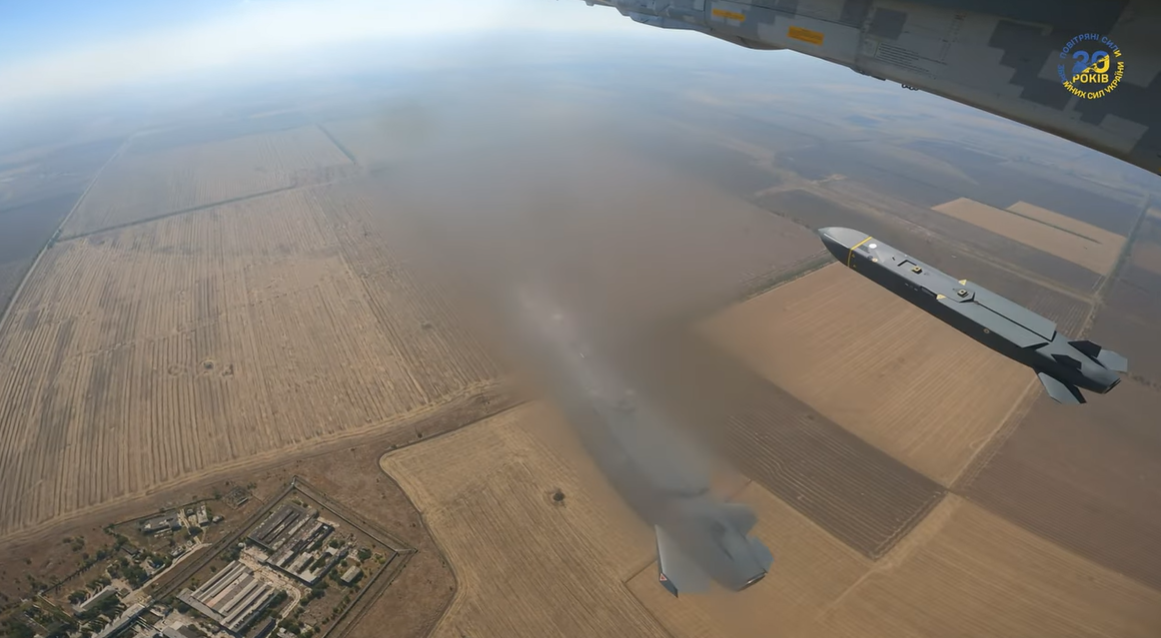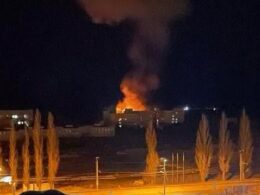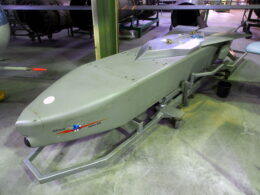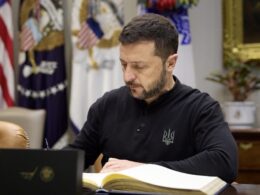While the UK may permit the use of Storm Shadow cruise missiles for long-range strikes against military targets in Russia, their efficacy might be compromised without US involvement, according to Defense Express.
Ukraine needs this capability to target remote Russian missile launch sites and logistics to prevent further terror against Ukrainian civilians.
Need for US permission on cartography data
The crux of the issue lies in the missile's guidance system, which reportedly relies on classified US cartography data. Without access to this data, the Storm Shadow would be limited to GPS navigation, potentially making it vulnerable to Russian electronic warfare systems, according to Defense Express.
The Storm Shadow employs inertial and satellite navigation during flight, as well as "Terrain Reference Navigation" (TRN). Specifically, it's believed to use TERCOM (Terrain Contour Matching), which requires highly accurate elevation maps. These maps are thought to be under US ownership, necessitating Washington's approval for their use in Ukraine.
Some of the Storm Shadow missiles currently in Ukraine’s arsenal may fall under International Traffic in Arms Regulations (ITAR) due to the presence of American components. However, ITAR generally applies to exports rather than usage, suggesting this may not be the central issue in this case.
Although Storm Shadow could technically be used for strikes on Russian territory without the TERCOM system, such strikes would likely see a significant reduction in accuracy if the missile relied solely on GPS and inertial navigation systems. Given the missile’s high cost and limited availability to Ukraine, this would represent an inefficient use of resources.
Ukraine's evolving capabilities in overcoming targeting and air defense challenges
In addition to the technical challenges, two operational factors complicate the use of these missiles. First, high-precision strikes require highly accurate target coordinates, and second, the flight path must avoid Russian air defense zones, which must first be detected.
The Storm Shadow relies on a sophisticated navigation system in which a missile scans the terrain below it and compares this with a pre-loaded terrain library to ensure accurate targeting.
For optimal performance, this system needs an updated and comprehensive data library. In practice, much of this data, including information about Russian air defense systems, comes from US satellites and sensors. This sensitive intelligence is typically held within the Five Eyes alliance, which includes the US, UK, Australia, Canada, and New Zealand. Without access to this data, the missile would be less effective in reaching its target.
However, Ukraine has been developing its capabilities in these areas. The country has been using satellite imagery to identify stationary targets and is expecting delivery of Swedish ASC 890 aircraft, which can detect air targets and localize enemy air defense systems.
Furthermore, Ukraine has been conducting regular long-range drone strikes, which serve the dual purpose of striking targets and gathering intelligence on Russian air defenses. Some of Ukraine’s drones are equipped with their own terrain-matching systems, similar to those used in cruise missiles.
Speculation arose that a recent meeting between British Prime Minister Keir Starmer and US President Joe Biden might result in a policy shift on this issue, but no public announcements have been made. Analysts suggest that any policy change is unlikely to be made public, as this could allow the Kremlin to prepare a response.
US Secretary of State Antony Blinken stated that the US is not ruling out allowing Ukraine to conduct long-range strikes into Russia as the Biden administration considers adapting its military support to Ukraine.
Related:
- Former US and UK officials urge removal of restrictions on Ukrainian long-range strikes
- US maintains restrictions on Ukraine’s long-range strikes inside Russia amid Kursk operation
- Zelenskyy urges partners to allow “truly long-range strikes” on Russian airfields with Western weapons
- British Intel: Russia likely changes approach in its long-range strikes on Ukraine





